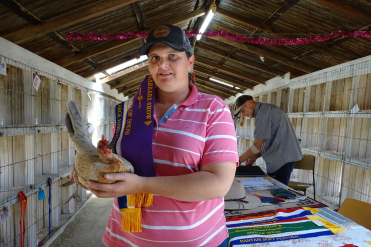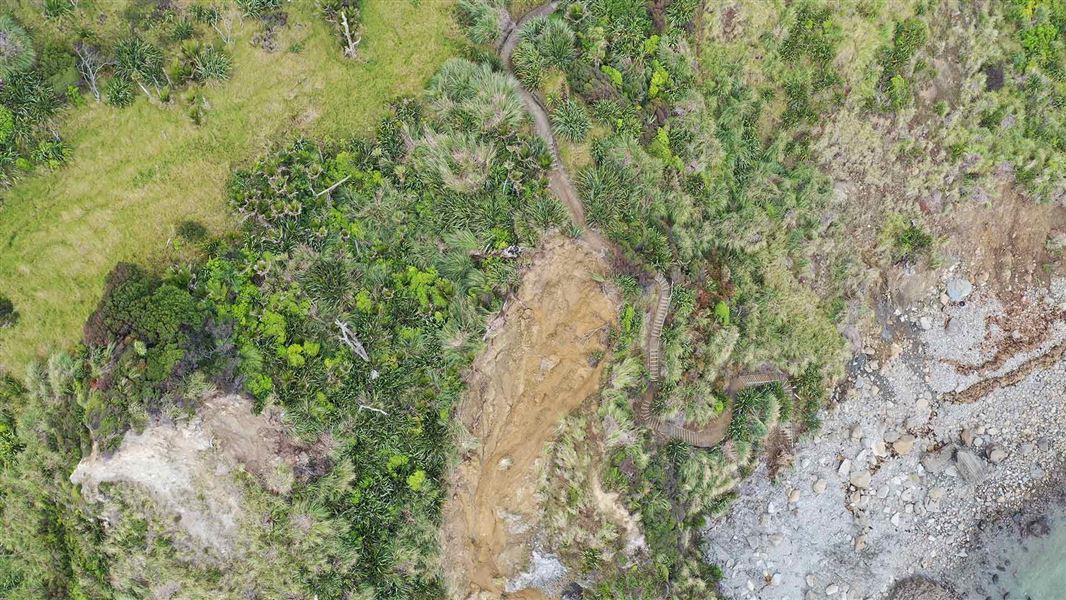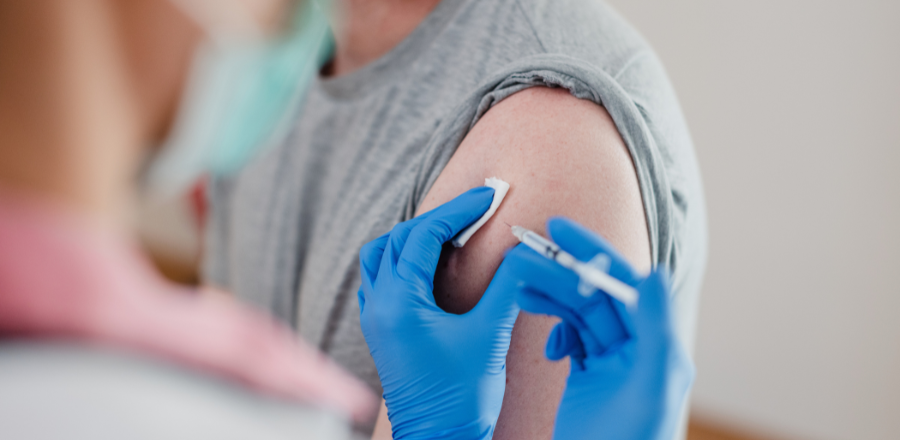Thailand has joined the OECD system for the Mutual Acceptance of Data (MAD) in the Assessment of Chemicals, ensuring that its non-clinical safety data related to the protection of human health and the environment will be accepted by all 44 countries adhering to MAD.
The MAD system – a multilateral agreement – allows participating countries to share the results of various non-clinical safety tests done on chemicals and chemical products, such as industrial chemicals and pesticides. This collaboration saves governments and chemical producers around EUR 309 million annually.
The first step towards participation in the MAD system is provisional adherence. During this time, non-members work with OECD countries to make their compliance monitoring programme on Good Laboratory Practice acceptable to all members. Provisional adherence to the OECD system means that the non-member must accept data from OECD and adhering countries generated under MAD conditions.
Participation in the MAD system requires that testing be carried out using OECD standards for test methods (OECD Test Guidelines) and data quality (OECD Principles of Good Laboratory Practice). Governments verify laboratory compliance using OECD procedures. At present, all 37 OECD countries as well as Argentina, Brazil, India, Malaysia, Singapore, South Africa and Thailand adhere to the system.
For the OECD work on chemical safety and biosafety, please visit https://www.oecd.org/chemicalsafety/.








